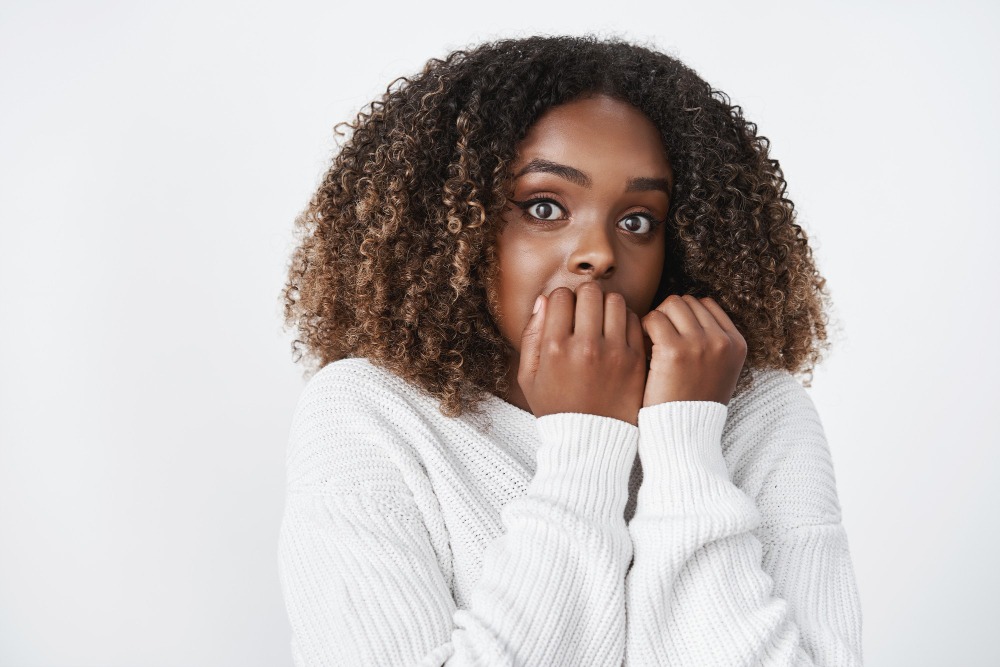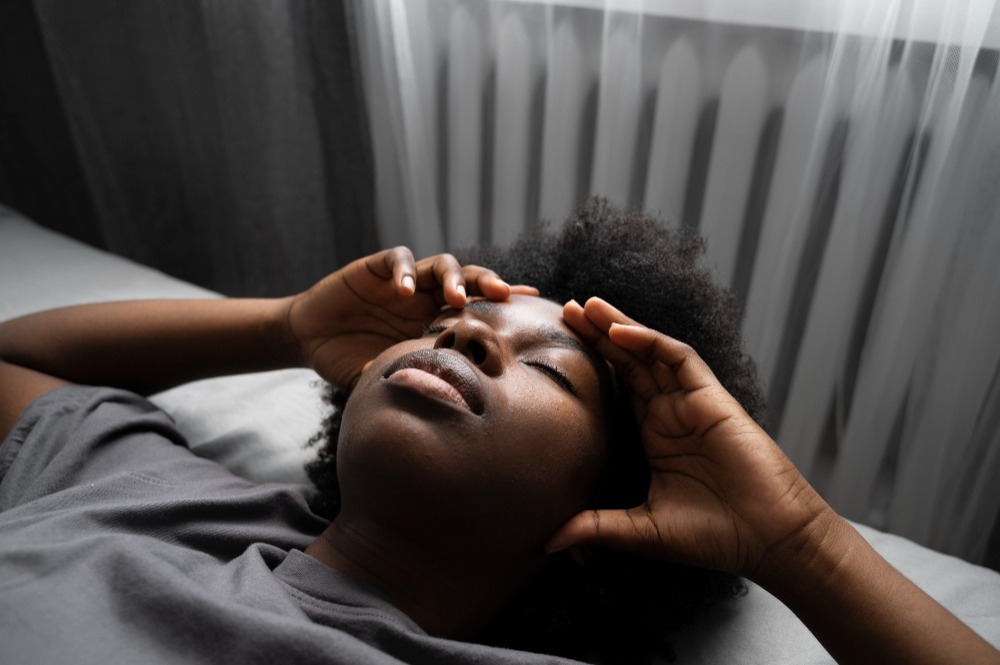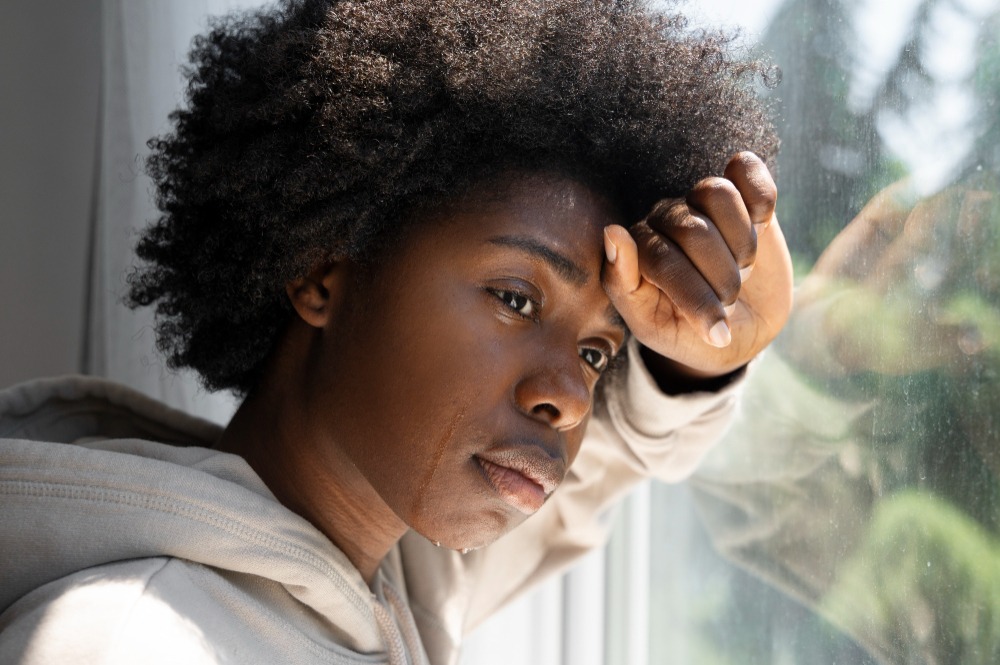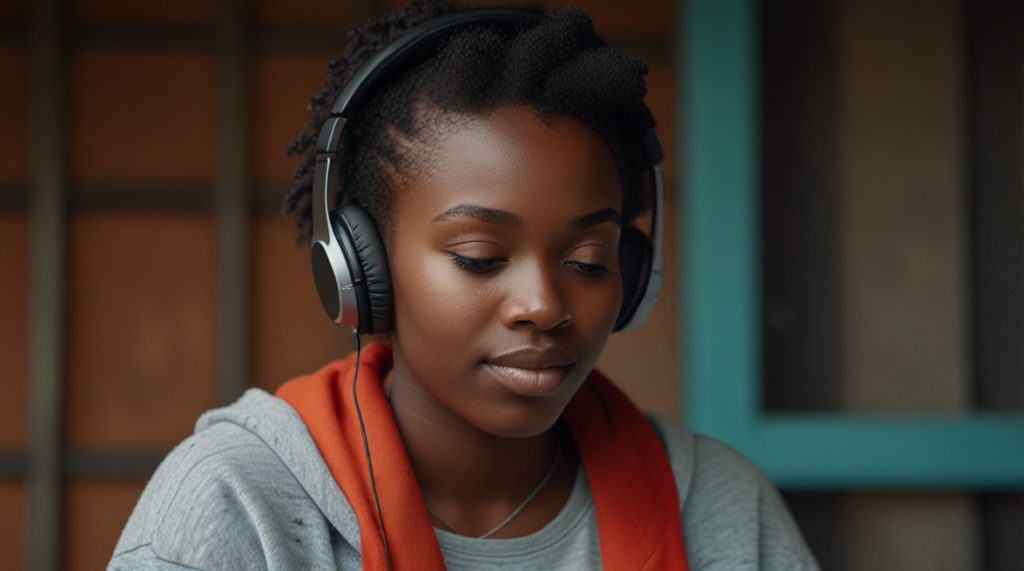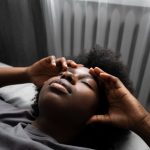Living as a Lesbian in Kenya: Navigating Challenges and Building Resilience
Living as a lesbian in Kenya can be a complex and challenging experience, marked by a constant struggle between self-acceptance and societal denial. The landscape is fraught with legal hurdles, social stigma, and the need for personal and collective resilience to survive and thrive in such an environment.
The Legal and Social Climate
Legal Challenges
Kenya’s legal framework poses significant challenges for the LGBTQ+ community. Sections 162 and 165 of the Kenyan Penal Code criminalize homosexuality, threatening imprisonment for up to 14 years. This legal stance perpetuates a climate of fear and invisibility, compelling many lesbians to conceal their identities to avoid persecution and discrimination.
Social Stigma
Beyond legal barriers, there exists a deeply entrenched social stigma against homosexuality in Kenya. Influenced by cultural, religious, and traditional beliefs, many Kenyans hold conservative views regarding LGBTQ+ individuals. This stigma manifests in various forms, including verbal abuse, physical violence, and social ostracization. Lesbians often face immense pressure from family and community members to conform to heterosexual norms, sometimes resulting in forced marriages or conversion attempts.
Navigating Daily Life
Concealment and Dual Lives
To navigate these hostile societal waters, many lesbians in Kenya lead dual lives. In public, they often present a facade of heterosexuality while maintaining their true identities in private or within trusted circles of friends. This concealment is not just a survival tactic but also a source of internal conflict and isolation, as individuals balance their authentic selves with societal expectations.
Finding Safe Spaces
Despite the challenges, safe spaces exist within Kenya for LGBTQ+ individuals. Organizations such as the Gay and Lesbian Coalition of Kenya (GALCK) and the Nyanza, Rift Valley, and Western Kenya Network (NYARWEK) provide crucial support, advocacy, and community for lesbians. These organizations offer legal assistance, counseling services, and a sense of belonging, empowering lesbians to find solace and solidarity amidst adversity.
Mental Health Struggles
The constant pressure to hide one’s true identity and the fear of discrimination contribute to significant mental health challenges among lesbians in Kenya. Depression, anxiety, and other mental health issues are prevalent, exacerbated by the lack of accessible and LGBTQ+-friendly mental health services. However, organizations are working to bridge this gap by providing specialized support to improve mental well-being within the community.
Acts of Courage and Resistance
Advocacy and Activism
Despite the risks involved, many lesbians in Kenya engage in advocacy and activism to promote LGBTQ+ rights and visibility. These courageous individuals work tirelessly to raise awareness about discriminatory laws, challenge societal norms, and foster greater acceptance and understanding. Often operating discreetly, their efforts contribute to incremental but meaningful progress toward equality.
Storytelling and Visibility
Visibility is a powerful tool for social change. By sharing their personal stories and experiences, lesbians in Kenya humanize their struggles and highlight the diversity within the LGBTQ+ community. Platforms such as the African Queer Youth Initiative (AQYI) and blogs like AfroQueer provide vital spaces for these narratives, amplifying voices that are often silenced and challenging prevailing stereotypes.
Building Resilience
Community Support
Building and maintaining strong support networks is essential for resilience. Whether through formal organizations or informal groups, having a community that offers emotional and practical support can significantly impact well-being. These networks provide a sense of belonging and solidarity, reminding individuals that they are not alone in their journey.
Self-Care and Empowerment
Practicing self-care and finding avenues for personal empowerment are crucial for sustaining resilience. This may involve engaging in creative outlets, pursuing educational and career goals, or simply prioritizing time for rest and rejuvenation. Empowerment comes from recognizing one’s strengths and passions, enabling lesbians in Kenya to navigate their challenging environment with greater resilience and determination.
Conclusion
Living as a lesbian in Kenya is fraught with challenges, from legal and social discrimination to mental health struggles exacerbated by societal pressures. Yet, amidst the adversity, there are acts of courage, resilience, and solidarity that define the community. By building supportive networks, engaging in advocacy, and finding personal empowerment, lesbians in Kenya continue to assert their right to live authentically and freely.
This blog post sheds light on the realities faced by lesbians in Kenya, emphasizing the importance of resilience, community support, and advocacy in overcoming societal barriers and striving for acceptance and equality.

